Life
Sign up for our newsletter
We summarize the week's scientific breakthroughs every Thursday.
-
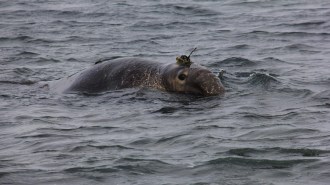 Animals
AnimalsMale elephant seals aim to get huge or die trying
Males will risk death to eat and grow as large as possible, since only the biggest males mate. But females aim for long-term survival.
By Jake Buehler -
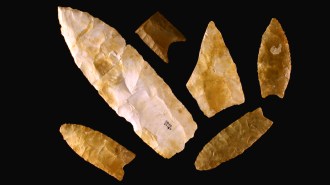 Archaeology
Archaeology‘Origin’ explores the controversial science of the first Americans
A new book looks at how genetics has affected the study of humans’ arrival in the Americas and sparked conflicts with Indigenous groups today.
By Bruce Bower -
 Animals
AnimalsGory footage confirms orca pods can kill adult blue whales
For the first time, three recorded events show that orcas do hunt and eat blue whales using coordinated attacks that have worked on other large whales.
By Anna Gibbs -
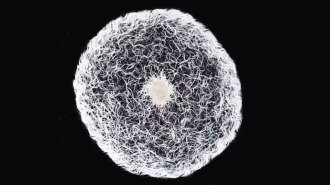 Animals
AnimalsVinegar eels can synchronize swim
Swarming, swimming nematodes can move together like fish and also synchronize their wiggling — an ability rare in the animal kingdom.
By Nikk Ogasa -
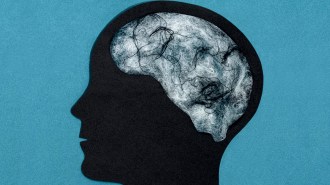 Health & Medicine
Health & MedicineA faulty immune response may be behind lingering brain trouble after COVID-19
The immune system’s response to even mild cases of COVID-19 can affect the brain, preliminary studies suggest.
-
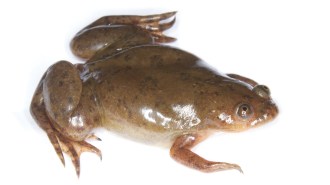 Animals
AnimalsA new device helps frogs regrow working legs after an amputation
A single treatment shortly after adult frogs lost part of their legs spurred regrowth of limbs useful for swimming, standing and kicking.
-
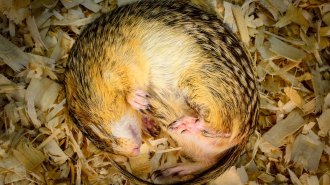 Animals
AnimalsGut microbes help some squirrels stay strong during hibernation
Microbes living in the critters’ guts take nitrogen from urea and put it into the amino acid glutamine, helping squirrels retain muscle in the winter.
-
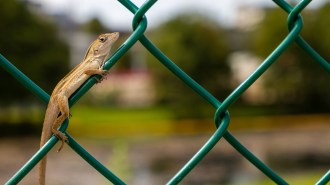 Animals
AnimalsUrban animals may get some dangerous gut microbes from humans
Fecal samples from urban wildlife suggest human gut microbes might be spilling over to the animals. The microbes could jeopardize the animals’ health.
-
 Neuroscience
NeuroscienceAmericans tend to assume imaginary faces are male
When people see imaginary faces in everyday objects, those faces are more likely to be perceived as male, a new study shows.
-
 Animals
AnimalsAn Arctic hare traveled at least 388 kilometers in a record-breaking journey
An Arctic hare’s dash across northern Canada, the longest seen among hares and their relatives, is changing how scientists think about tundra ecology.
-
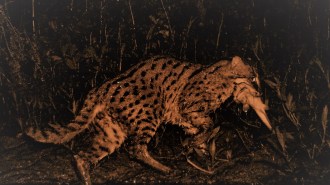 Animals
AnimalsScientists uncover the secret to fishing cats’ hunting success
Volunteers in India have helped to explain how one of the world’s semiaquatic wild cat species hunts.
-
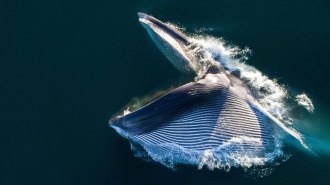 Animals
AnimalsA ‘trapdoor’ made of muscle and fat helps fin whales eat without choking
An “oral plug” may explain how lunge-feeding fin whales don’t choke and drown as they fill their mouths with prey and water while eating.